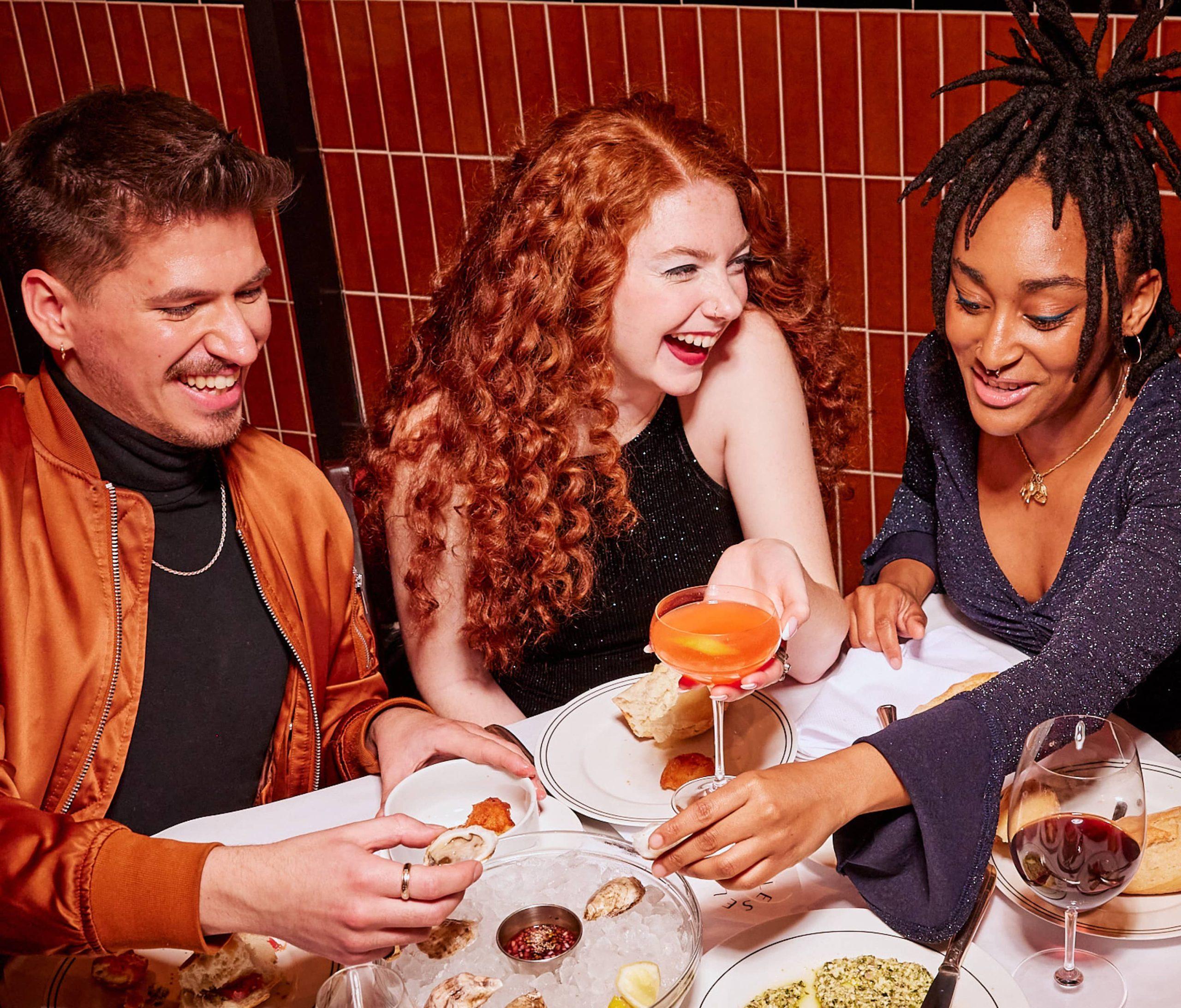The current situation
It’s estimated that no-shows – guests failing to show up for their reservation, in other words – leaves UK pubs, bars and restaurants £16 billion worse off each year.
Why is this costing the industry so dearly? Much of the problem is down to diners’ attitudes. In an increasingly casual market, many diners perceive a reservation as fairly trivial. Sure, they know there’s much to gain if they follow through on a booking, but – consciously irreverent or not – they also know there’s nothing to be lost if they don’t.
Maybe if guests appreciated the implications of not honouring their booking (something OpenTable’s Turning the Tables on No Shows campaign in the UK alluded to), things would be different. Alex Wrethman, founder of the 3-strong restaurant group Charlotte’s, says public respect for the brand is one reason why they have a no-show rate of less than 5% on their bookings.
‘We believe people who live in west London have strong affection towards Charlotte’s, and we build our relationship with them through our [FOH] service, newsletters, and events,’ says Alex. ‘One of the nice things about working in a neighbourhood environment rather than central London is that people have a bit more attachment.’
Ways to tackle no-show with technology
Some restaurants prefer to use deterrents. For instance, at Gordon Ramsay’s 3-star flagship restaurant, diners are asked to pay a non-refundable deposit in advance as a way of safeguarding against no-shows. This may be a workable solution for some fine dining restaurants, but it’s not an approach that will work for all.
Other ways of addressing the issue include banishing reservations altogether (with the risk of alienating a pre-existing regular customer base); ticketing guests in advance of their visit (a system, albeit not widespread, which Clove Club has seen good success in the past two years); or actively seeking confirmation by phoning guests on the day. It’s the latter option which has a good balance of practicality and consumer and brand-friendliness. Gordon Ker, the founder of Blacklock, one of the most booked restaurants in London, tells us why.
‘We make sure to confirm each guest with a courtesy call the day before their booking and, as much as possible, try and make connections with people when they are booking,’ says Gordon. ‘Thankfully we don’t get that many [no-shows], but they happen. We don’t go in for taking credit card details and warning against no showing, it’s not our style and doesn’t fit with our culture.’
Alex holds a similar stance, but suggests it’s important to tailor your message with some special considerations. ‘Take proper time,’ he says, ‘to repeat back all details of the reservation. In our case, we also have to take care that guests are phoning the correct Charlotte’s, as we have three sites in the same area with similar names.’
Conclusion
Thinking of the wider picture, both restaurateurs here have strong attitudes towards cultivating a relationship with their guests. A phone call isn’t just an exercise in making sure diners follow through on their reservations – it provides the personal interaction guests generally expect from restaurants. ‘If a customer is more engaged and feels like our friend,’ says Alex, ‘then they will not want to let us down.’ That’s part of what hospitality is all about, right?




